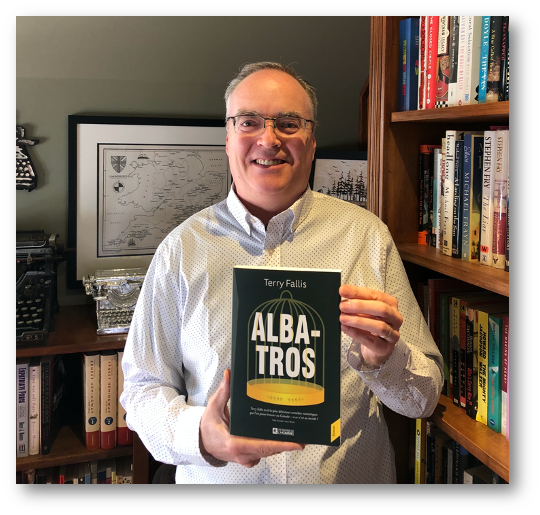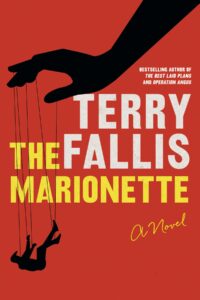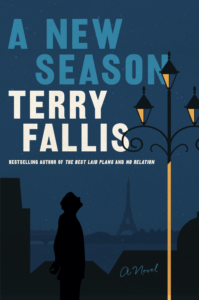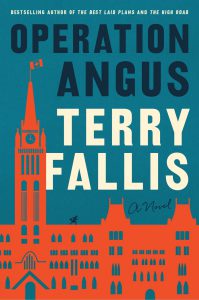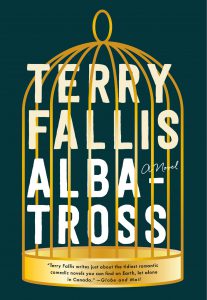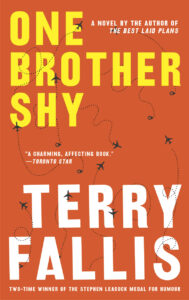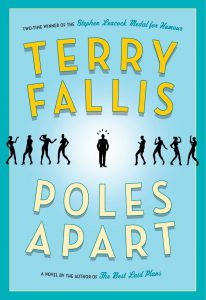How I write: Humour
Posted March 20, 2009 by Terry Fallis
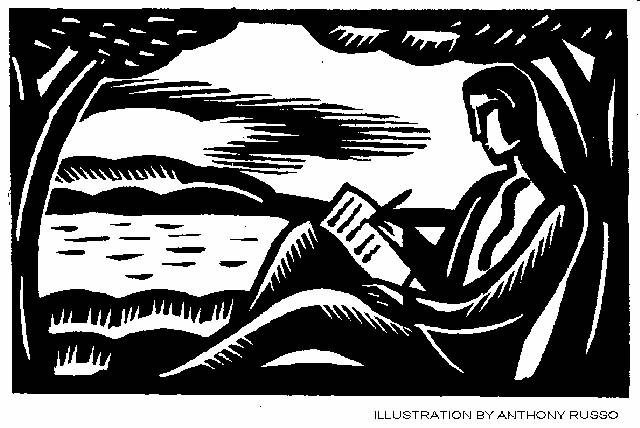
I have no idea where I’m going with this post so I thought I’d just start and see where it takes me. I have always loved reading and collecting funny novels. I think good novels that are also funny are hard to find. I also feel strongly that when wielded skillfully, humour can a very powerful and trenchant instrument.
I don’t know about you, but I’ve read hundreds of novels that claim on their cover blurbs to be “sidesplitting,” “hilarious,” and my favourite, “laugh out loud.” Many of them never even come close. But if I do find an author that has me thinking on one page, chortling on another, and shooting milk through my nose on yet another, I’m in my element (although the milk part can be a little uncomfortable). I think that’s why I wanted to attempt a humourous novel.
Humour is a very personal thing. Some readers love slapstick and sophomoric humour, while others hate such lowbrow laughs. Some love funny wordplay or comedic set pieces. Still others enjoy the simplicity, even purity of unadulterated sarcasm. I’m a fan of it all, and like to think that whatever your preferred laugh generator, there’s something for everyone in TBLP (well, almost everyone).
Hindsight is a wonderful thing. Looking back on TBLP from a distance, I think I was trying too hard in the first half of the book to get the laughs. I’m straining for the funny line, building certain scenes around something that was intended to be funny but not necessarily drive the story forward. I think in the early going I just didn’t yet have the confidence that the characters and the story could stand on their own, that I didn’t need to find a punchline in every paragraph. In the second half, I think the humour is less the obnoxious and loud tag along and more the quiet but still welcome companion.
In general, I’m not a fan of humour that embarrasses or humiliates, unless the victim really has it coming. I’ve always enjoyed self-deprecating humour. I think it humanizes a character and makes them more authentic. I also appreciate humour that is fully integrated into the fabric of the story rather than being showy, gratuitous, and disconnected from what’s really happening. Ideally, I want the humour to feel natural and balanced so that it contributes texture, context, and depth to the story, without distracting the reader.
I’m just making all of this stuff up on the fly but it seems to make sense to me as I read it back.
Oh, one more thing. When you’re trying to write comedy or satire, it helps to have a sense of humour.
